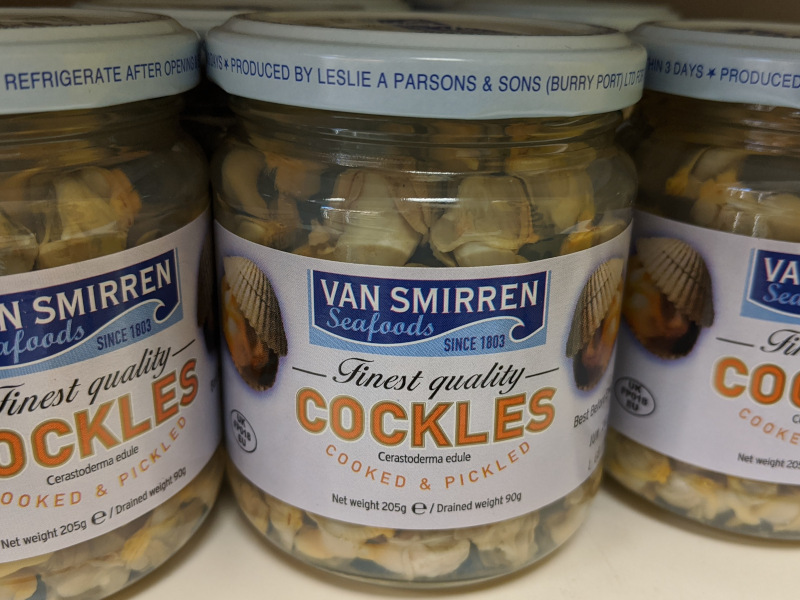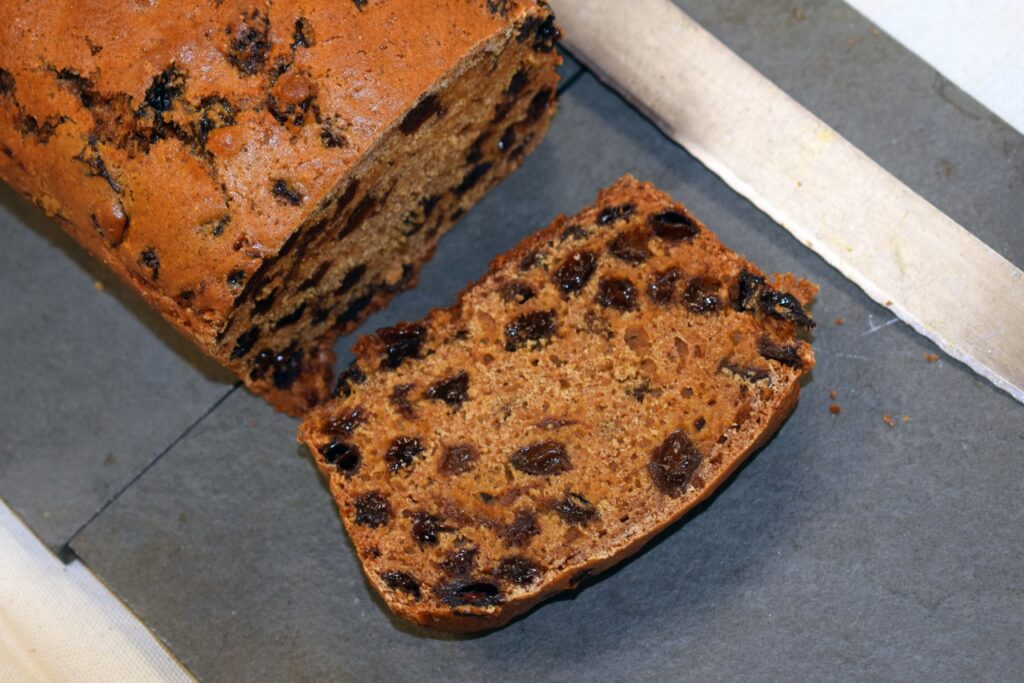Variety is the spice of life and you’ll find a massive range of food options in Wales, particularly so in towns and cities. If you have a hankering for Thai, Chinese, Italian, American or pretty much any other style of food, you’ll find it here. Almost every pub will have a curry on the menu (order it the Welsh way, “half and half” – meaning with rice and chips) and you’ll find fish and chip shops everywhere. But if you want to try some traditional Welsh food – and you really should – here’s my list of things to look out for.
Cawl
A chunky soupy stew usually made with lamb and seasonal vegetables including leeks, potatoes, carrots, swede. I like mine with lots of black pepper and warm crusty bread with Welsh salted butter.
Laverbread
Despite it’s name, this has nothing to do with bread. Laverbread is a type of seaweed often rolled in oats, fried and served as part of a traditional Welsh breakfast along with eggs, bacon and cockles. I’ll be honest, it’s an acquired taste, but worth a go at least once!
Cockles
Small edible molluscs, usually served out of their shells as part of a traditional Welsh breakfast but also found served on their own pickled, deep-fried or cooked in wine.

Welsh Rarebit
Well, this is posh cheese on toast… but it’s better than it sounds… read on! You’ll hear various explanations as to the origin of its name, but I don’t think anyone really knows. A common one is that the pejorative term Welsh Rabbit was originally used by the English since their poorer Welsh neighbours could only afford to eat cheese and not meat. Later, rabbit became rarebit.
Welsh Rarebit is hot cheese sauce served over slices of toasted bread. You’ll often see it with a sauce containing mustard and beer. It’s a simple snack but, done right, with quality ingredients, it’s an absolute delight!
Actually, you’ll find Welsh Rarebit in many parts of the UK but (and maybe this is a culinary form of Nominative Determinism) it has a special place in Welsh hearts and stomachs.
Faggots
It’s likely that we inherited faggots from across the border when people from the English Midlands came to Wales in search of jobs in the Welsh Iron and coal industries. Since then, we’ve embraced them as our own.
I’d like to tell you how good these are before I tell you what they are for reasons that will become apparent. They are a really rich and tasty comfort food – especially good to warm you up on a cold wet day. Faggots are large meatballs made from minced pork meat and offal (like liver and heart) with herbs and spices in a rich gravy. They’re usually accompanied by peas.
The town on Neath claims to be the Faggots and Peas Capital of Wales. Tucked along the back wall of Neath’s indoor market you’ll find Katie’s Kitchen, where they’ve been keeping locals well fed since 1951.
Welsh Cakes
Also called Bakestones or Pics, these are little round flat cakes with currants and/or sultanas. The dough is rolled out, cut with a biscuit cutter and cooked on a bakestone (a flat cast iron griddle which would, in the old days, have been made of stone – hence the name). You’ll find many variations on the original, popular versions contain spices or chocolate chips in place of the fruit. Personally, I prefer the traditional version, nothing beats enjoying one with a cup of tea or coffee.

Bara Brith
Bara Brith (meaning speckled bread) is a cake-like bread (or a bread-like cake, some recipes use yeast, some don’t) with spices and mixed fruit like currants, sultanas and orange peel that have (in the best ones) been soaked in tea, making them deliciously juicy. It’s usually served spread with butter.

Finding Places To Eat Welsh Foods
Some of these will be harder to find than others. Welsh cakes are everywhere, in coffee shops, tea rooms, cafés and supermarkets. For the very best experience, try to find them freshly baked and still warm (like at Cardiff Bakestones who also have diabetic and vegan varieties). My advice is pretty much the same for Bara Brith, although it’s slightly less ubiquitous.
You’ll find cawl and Welsh rarebit in traditional pubs and cafes.
For all the others, my tip would be to head to one of Wales’ many market towns. Some towns have indoor markets open Monday to Saturday. Other towns have open air markets one day a week, many of these will have stalls selling traditional food items.
